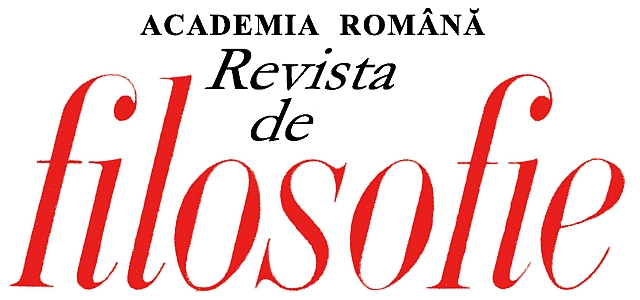JAZZ ŞI UTOPIE. CĂTRE O INTERPRETARE MEONTOLOGICĂ A ESTETICII LUI THEODOR ADORNO
Jazz and utopia. Towards a meontological interpretation of Theodor Adorno’s Aesthetics
Author(s): Cornel-Florin MoraruSubject(s): Aesthetics
Published by: Editura Academiei Române
Keywords: aesthetics; meontology; music; jazz; Adorno; negative dialectics; utopia;
Summary/Abstract: In this study I analyse Adorno’s critique to jazz music form ameontological perspective. To understand why the German philosopher found jazz tobe a form of pseudo-artistic expression, a simple commodity produced by a musicindustry that has nothing to do with proper art, one must dig deep into Adorno’s“Aesthetic Theory” and “Negative Dialectics” to find out how the German philosopherviews art as a whole and what presuppositions does his conception about jazz music, inparticular, and pop culture, in general, imply. My main thesis is that Adorno did notresonate with jazz music because his philosophy implies that art is a form of negativedialectics that has to be understood solely through thinking (be it “rational thinking” or“affective thinking”). Jazz music, on the contrary, is a dance music or a “somaticmusic”, which can be understood, not through contemplation or any „pure” act ofconsciousness, but only by dancing, viewed as a form of „somatic” or „bodily”knowledge. So, Adorno’s critique to jazz refers to another meontological conceptualarcheology than classical music and other traditional expressions of art, this being thereason why he conceives jazz as a pseudo-artistic form of expression.
Journal: Revista de filosofie
- Issue Year: LXVI/2019
- Issue No: 3
- Page Range: 325-342
- Page Count: 18
- Language: Romanian, Moldavian

